The definition of a Hard Day

You often hear people say that it was a hard day. I say it myself. Out cycling a bicycle was a hard day. Any day you get to cycle a bicycle is not a hard day. It is a good day that was physically demanding.
I’ve met people who have hard days, and so have you. We all have had hard days.
Recently I saw a guys name on Facebook who I had met on my travels on the West coast of America and it reminded me of another guy that I met around the same time.
Once on a footpath in the gaslamp district of San Diego a homeless man asked me for some change. I barely looked around. But when I did, I stopped. The guy smelled of piss and whiskey and hadn’t seen the sharp end of a razor or a scissors for quite some time. What teeth were left in his mouth were black and yellow. The rags that he wore were threadbare two owners ago. His eyes were hollow and his tongue was weak. With a croak he asked again ‘Spare a buck for a vet buddy’
Initially I thought he was sitting on a box but then I noticed the wheels beneath. A closer look revealed the flatness of where his legs should have been. Trying not to inhale the vapours of his unique odour I sat down next to him. I had no place to be or anyplace important to go. I was new in town, staying in a hostel, down to my last forty bucks and had spent another unsuccessful day job hunting in the sunshine. I had just been turned away from the Salvation Army hostel as I was too well dressed.
There is a subculture of existence within every city that only those who inhabit it know about. Most of those above it do not want to acknowledge its existence. Those below it, well, they really are below it. Six feet under it to be precise. Within this subculture there is a sharing of information. Where to get free food. Which hostels take you in drunk. Where you can get food that is being dumped. I once met a guy who spent forty minutes explaining all the different ways to tell what you could and couldn’t eat out of a dumpster. There is also a sharing of knowledge on where to get money in schemes such as selling your blood to bloodbanks.
The guy in the wheelchair was part of this subculture. I asked if he was hungry. He asked me for a beer so I went and bought him a three dollar burger, fries and a coke. Upon my return he didn’t say thanks, just ‘Where’s my beer’.
I sat alongside and tried to find out how he ended up where he was.
At eighteen he went to fight in Vietnam. After 18 months he returned home. He had seen things he never wanted to see but had a cheque for twelve hundred dollars. He bought a mustang, married a girl form Wyoming where he was from and they put a downpayment on a house. He got a job in a sawmill and life was good. Or so it appeared on the outside. He was haunted by memories of the jungle and before long began drinking to ease the pain. He missed a day or twos work, which led to a week or two and then he got the sack. He crashed the mustang and before long the twelve hundred was gone and the house was about to be foreclosed upon.
With no other options left he signed up for a second tour in Vietnam. Initially this was where I thought he lost his legs but that wasn’t the case.
The second tour really messed him up. He came home with fifteen hundred dollars this time. After a few weeks back he was so mentally anguished by the even worse things that he saw and did on the second Tour that he was impossible to live with. He raised a fist to his wife, the biggest regret of his life and soon she was gone. He drank the money in under twelve months.
A life of hardship and pain was all he faced and along the way he discovered crack cocaine. Smoking that was the only thing that would hide his demons, for a brief time before they would return stronger than ever before.
Crack cocaine kills your body slowly from the extremities. First he lost a toe, then a foot until he reached a point where both legs were gone and he decided that maybe it was time to kick the habit and face his demons. Like thousands of Vets before him he made his way to San diego and the military base on Coronado Island. His version of events then said that the country he had served turned its back on him and he was forced to live rough in a wheelchair.
That was where I found him. His life was a miserable groundhog day existence of begging from strangers and drinking whatever he could. It was no life at all.
The following day I got a job as a telemarketer. Within a week I was staying with newly made friends in an apartment and life progressed on from there.
One day I was passing the Salvation Army shop and saw a blue Schwinn 10 speed. It was thirty dollars and I bought it. I hadn’t been on a bike for over a year and it was good to be back on two wheels. From time to time I spun by the Gaslamp district to see if the guy in the wheelchair was still about but never saw him again after that day.
Just like everyone, I have faced days that were hard, but always at the back of my mind is the knowledge that none of my days compare to the difficulty that guy faced day to day for however long he lived after I met him. Enjoy each day and make them count.

Barry

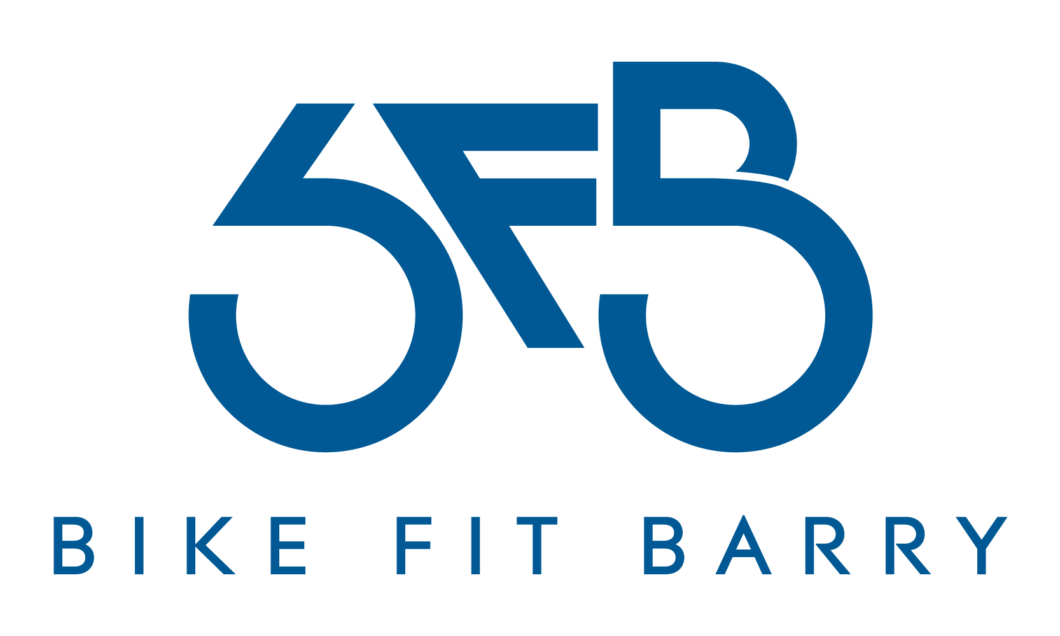
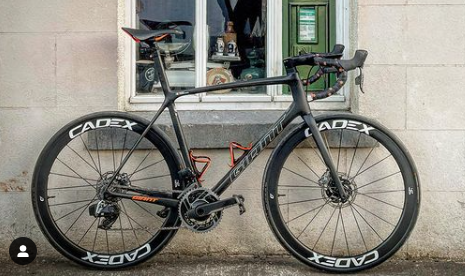

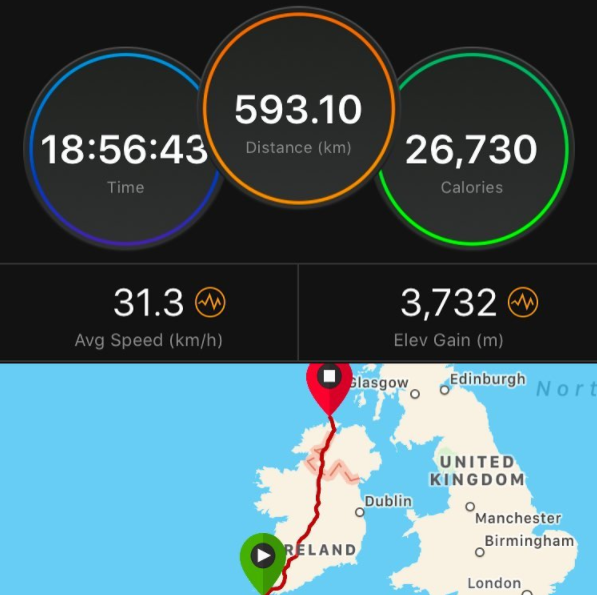
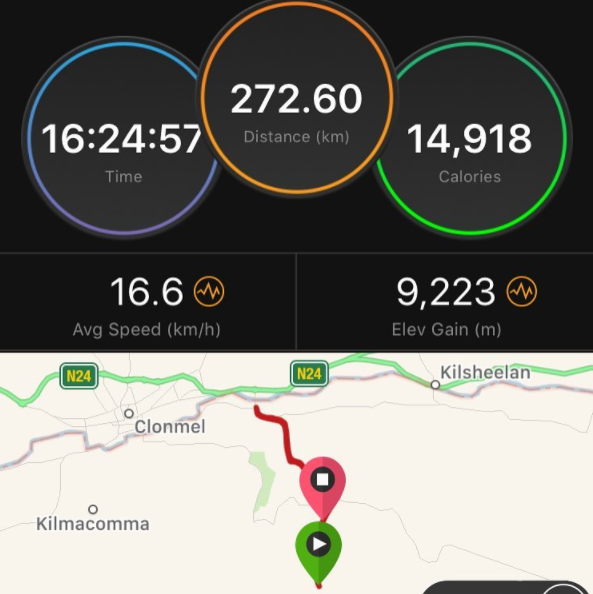
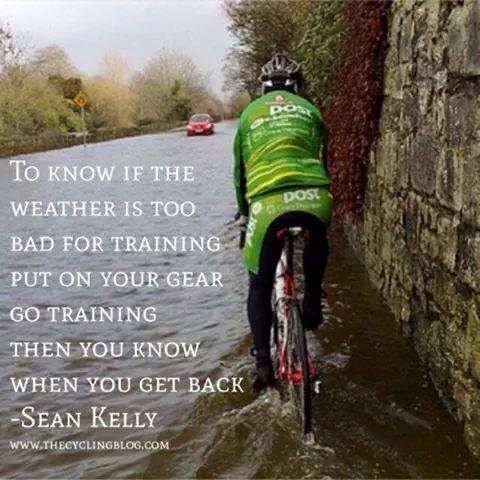
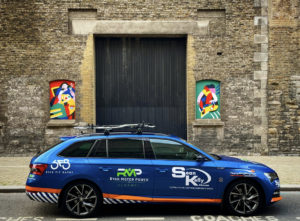
2 COMMENTS
Cathal Oakes
Lovely post Barry. I’m just back from Ethiopia and the beggars there have a biblical look and feel to them. the fact that they even remain alive is a real testimony to the resilience of our bodies…
Ed English
Good post Barry. No harm to be reminded from time to time of how good we have it compared to some.